Giving Birth In Japan: A Salubrious Hospital Stay
A Generous Postpartum Hospitalization More Enjoyable Than Just Meekly Bearable
Childbirth and pleasant hospital confinement do not exactly go together but in Japan, the two somewhat dovetail.
Living as a foreigner in Japan has conveyed its own ups and downs but giving birth in Japan is probably one of the former that gaijin (foreigners) mothers can fully treasure. Though the procedure might differ now, following the Covid-19 ongoing pandemic, it is undeniable that the puerperal care and support provided through the hospital is persistently excellent.
A survey conducted by UNICEF stated that Japan is the safest country for newborn babies in the first month of their lives. The mortality rate of this group of infants is 1 in 1,111. The record seems to be the lowest in the world next to Iceland (1 in 1,000) and Singapore (1 in 909). Parents—especially new ones—can breathe a sigh of relief knowing that the process of giving birth in Japan, followed by the confinement days, will be in good hands.
There’s a reason they call childbirth labor.
Making a healthy baby takes effort. It requires foresight and self-denial and courage. It’s expensive and demanding and tiring. You have to learn new things, change many habits, possibly deal with complicated medical situations, make difficult decisions, and undergo stressful ordeals.
Let mama rest after giving birth
Childbirth—a sacrifice performed by women which lies somewhere between painful and excruciating on a scale—is enough reason for mothers to be treated with gentle care soon after delivery as they need ample time to recover and rest from the rigors of labor.
While 24 to 48 hours of postpartum hospital admission is considered a norm for regular delivery in many countries around the world, when giving birth in Japan, women can expect much more generous ward confinement in between five to eight days and even longer for cesarean delivery. To some, the length of stay might not be the most euphoric idea especially when you are at the most fragile period you have probably ever had in your life, yet the benefits behind this whole idea are beyond substantial.
Hands-on supportive guidance for clueless mamas in Japan
With a fresh little one being born comes the sine qua non to perform a new series of daily tasks—including but not limited to breastfeeding, changing diapers, bathing, and even holding. Though they all sound as easy as pie, when they involve a newborn, they are not really. Without proper knowledge and continuous practice, performing your responsibilities as a new mom can be a daunting task.
This is when the stay comes super handy as you will be preparing yourself with the help and support from the caring and sweet staff. And the fact that mothers with new babies tend to be magnets for unsolicited advice regardless of any culture, will make them appreciate the lessons and guidance rather at the most. At the end of the stay, there is no doubt that the mommies will be more equipped, if not already a pro.
Japanese meal to heal
Well-prepared, nutritious traditional Japanese food—or more familiarly called 和食 (washoku, “traditional Japanese cuisine”)—that consists of minimally processed small dishes of simple, fresh and seasonal ingredients are being served several times a day for the healing mothers.
Washoku in general is a combination of staple food like steamed rice with soup (typically a miso soup), a main dish of fish or seafood or another kind of poultry, and a few sides of vegetables and fruits. This type of meal is not only rich in nutrients, but may also aid digestion, and promote a healthy weight due to the fact that they are all naturally low in added sugar and fat thus low-calorie count. As a cherry on top, the mommies are also served with nice desserts every evening, perfect to sheer the exhaustion away concurrently helping them to heal better, physically, and mentally.
Jaundice go away
Jaundice—a common health concern amongst newborns—can be prevented by feeding, especially breastfeeding, frequently in the first hours and days after the baby’s birth. In line with this, hospitals in Japan have set up a rather effective breastfeeding schedule of every 3 hours, starting with a less frequent timetable on the first day of feeding so as not to shock the mamas with the new routine.
Consistent nursing is obviously not a breeze but it has been made possible by several systems. These include the availability of nurses around the clock, mothers getting enough rest, a cozy hospital environment, and also healthy meals provided several times a day not forgetting those delightful desserts ergo resulting in jaundice being many-feedings away.
Cozy warm temperature
I am so used to the idea that the hospitals are always freezing cold, at least in my home country Malaysia. While some people might favor the chill temperature, I personally dislike it. Thankfully, hospitals in this country are set to be warmer and cozy. This supports the concept of 冷え性 (hieshō, ”sensitivity to cold”)—and in this particular case, this subject is simply explained as the belly and feet of the pregnant or delivered mamas need to be kept warm to reduce the risk of catching a cold.
It is no wonder that I found the room I have stayed in to have perfect warmth. To prove how cozy the space is, there was one time when I came back from the nursing area to only find my husband accidentally snore on my bed because he said “The room was too comfortable.”
Not a vacation but close
Great meals, no cooking, no laundry, no housekeeping, no taking care of kids (if there is any), resting on the bed for a good one week, are basically equal to vacation. Well, at least to the mothers giving birth in Japan.
While it is rather rare sight, in Japan the newborns will be staying in a separate room than the mothers, leaving the latter plenty of time to rest and heal during the hospitalization period. Throughout this time, the babies will be taken care of by the well-trained nurses.
Congratulatory dinner because Japan gets the right idea about giving birth
祝膳 (iwaizen, “celebration”) is potentially the most anticipating highlight throughout the hospital stay. From an appealing starter to luxurious main dish followed by exquisitely-made dessert, topped with a congratulatory note addressed to your own personal name, the 5-course celebratory dinner is putting the mothers in a hard-to-refuse situation.
Being given a choice of whether to dine on your bed or with other mamas in a restaurant-like room, there is no other time one can attend a fancy dinner by wearing a pajama and confidently hold that pale, bare naked face. Let’s be real, this is one of a kind event and unless you have several kids born in Japan, this might be an exclusive memory you keep for life!
Not that I want to have reasons to be in the hospital again but the whole experience was just amazing.



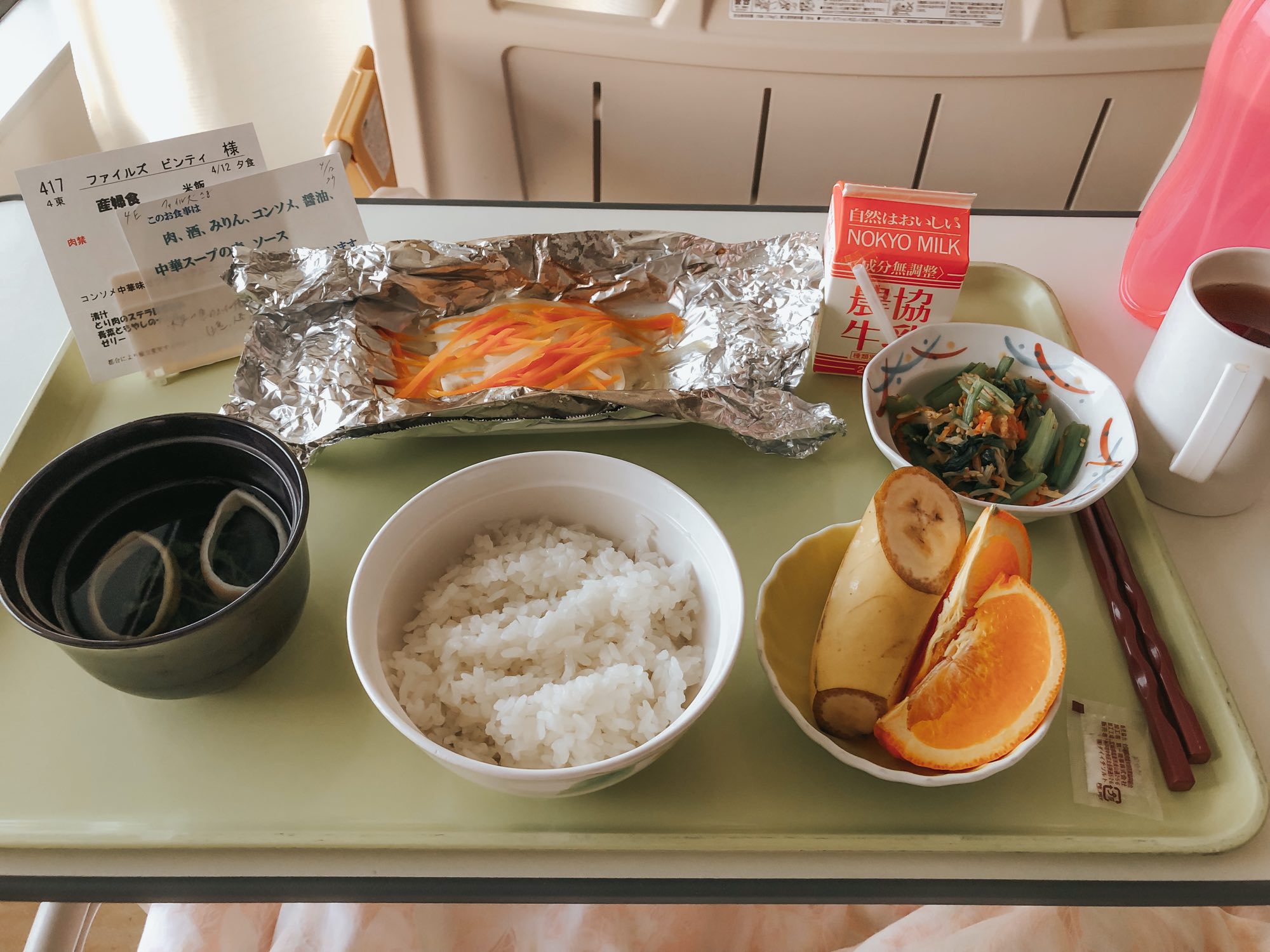
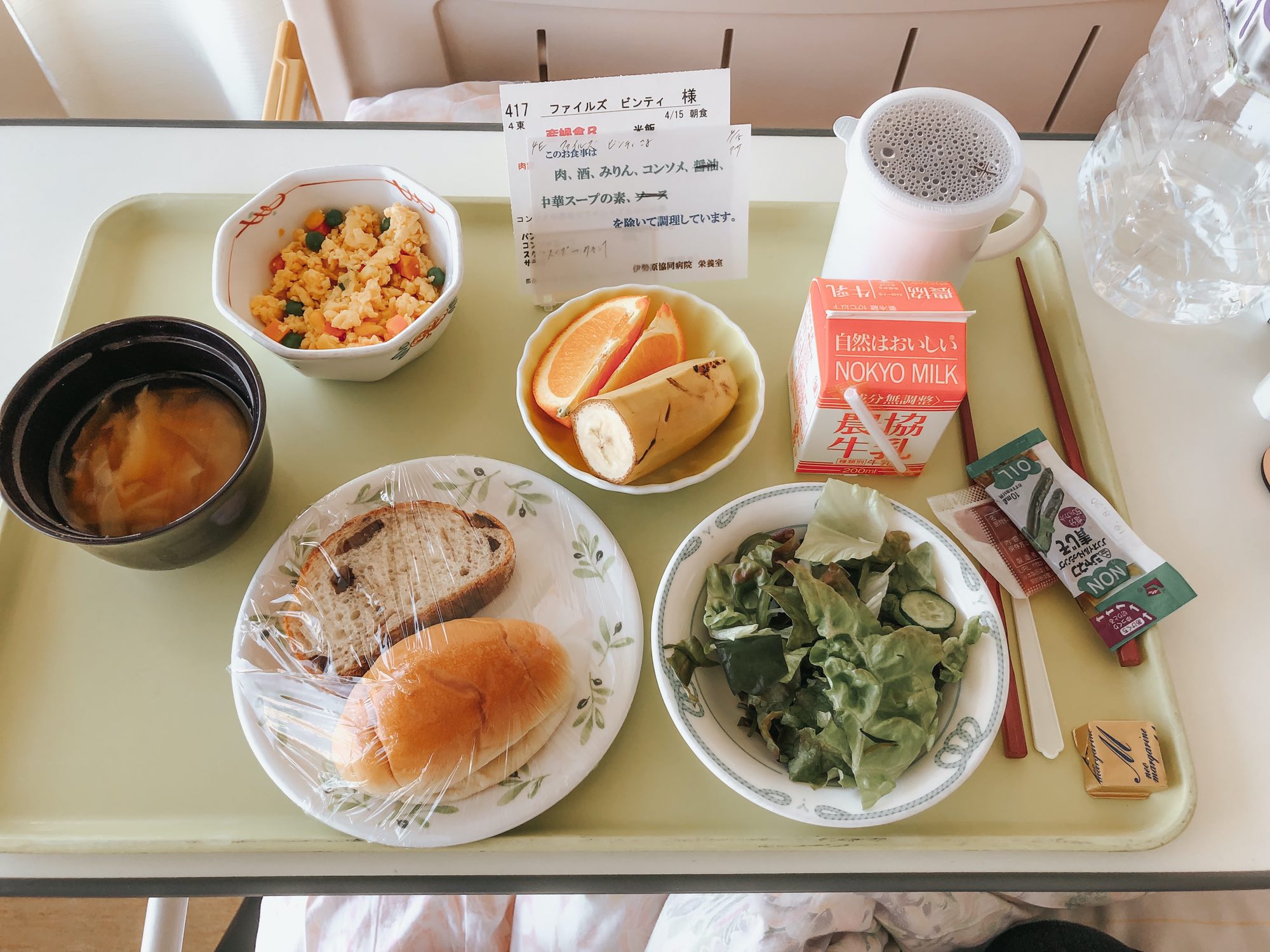
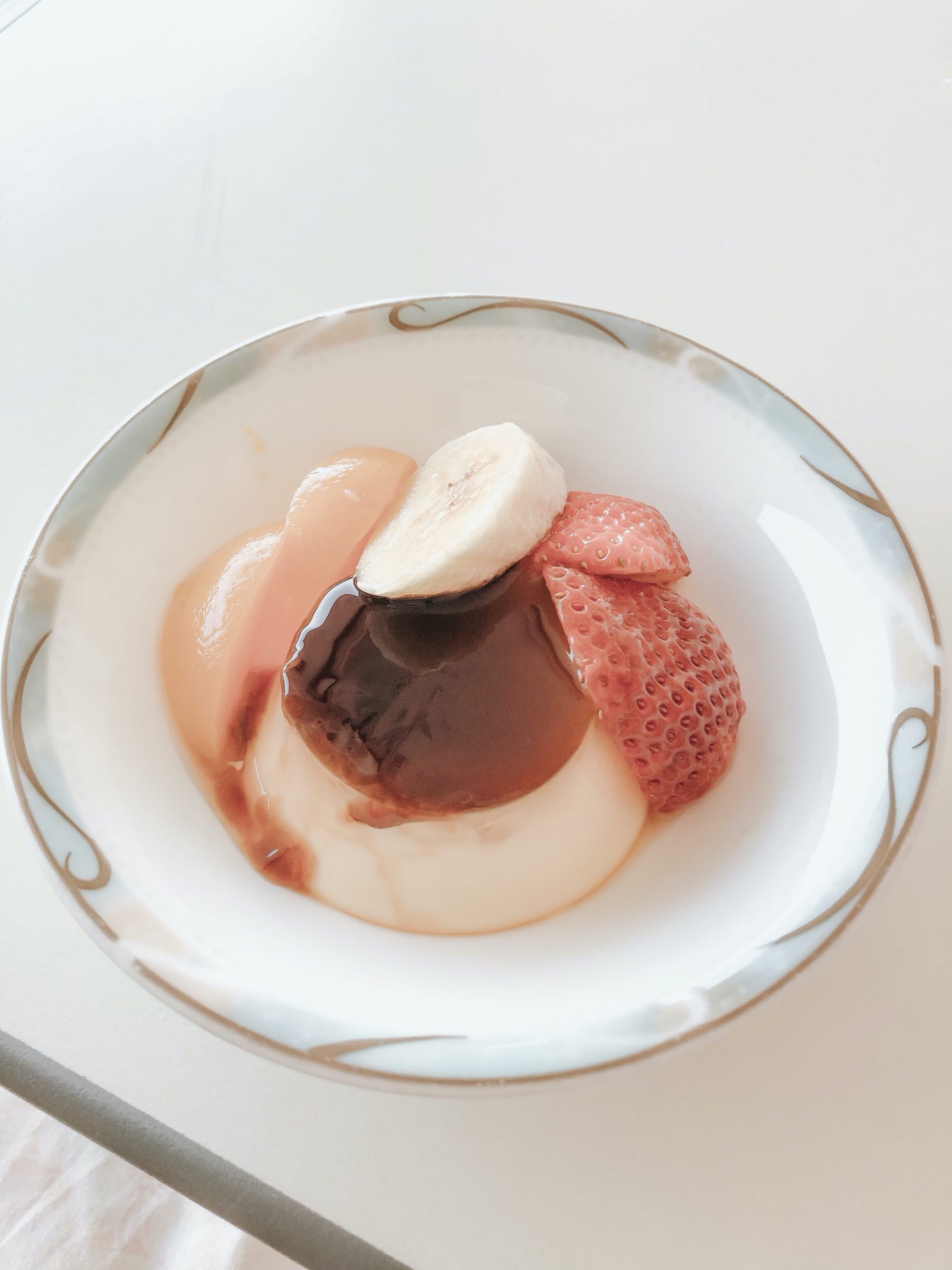
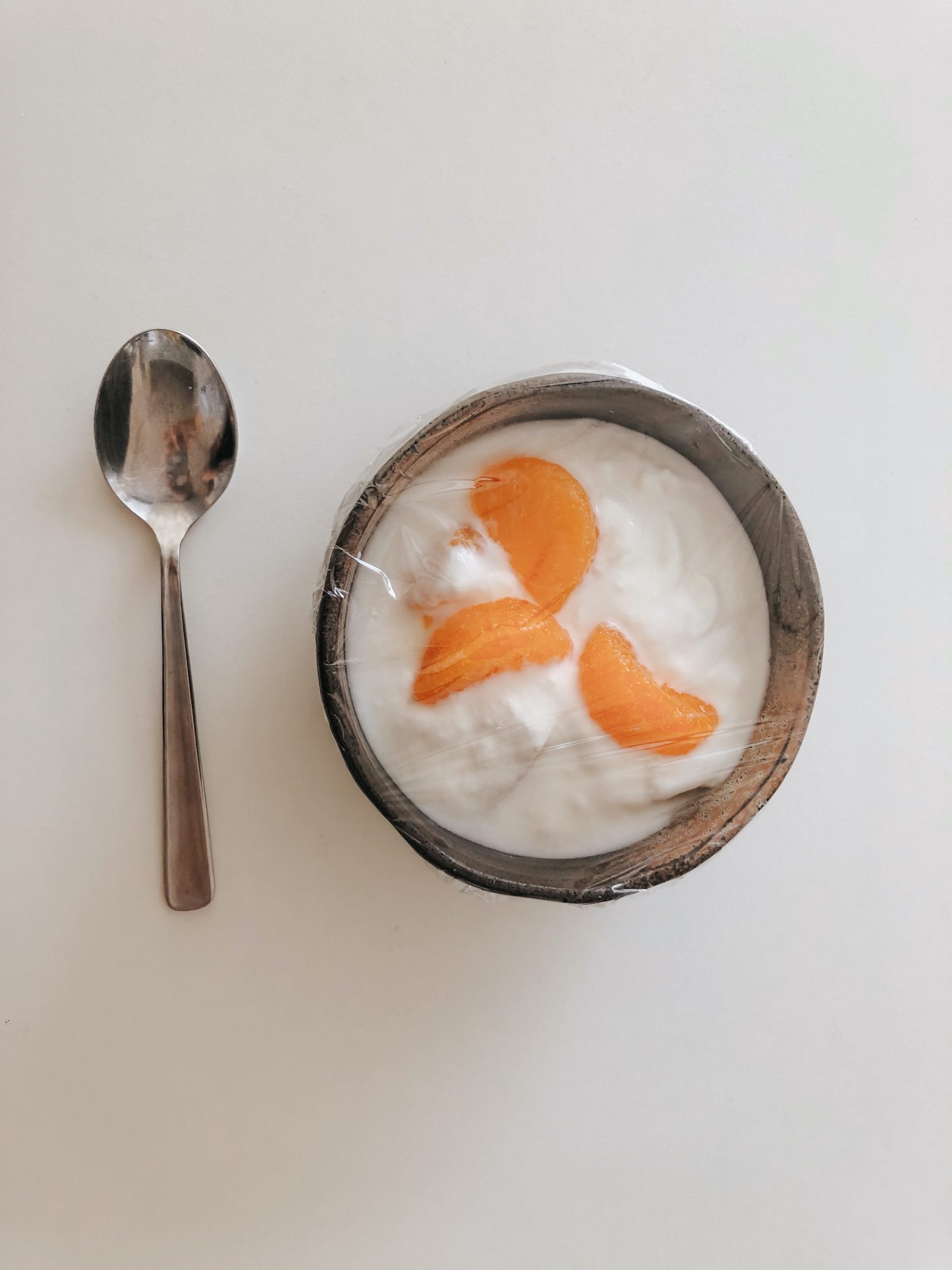
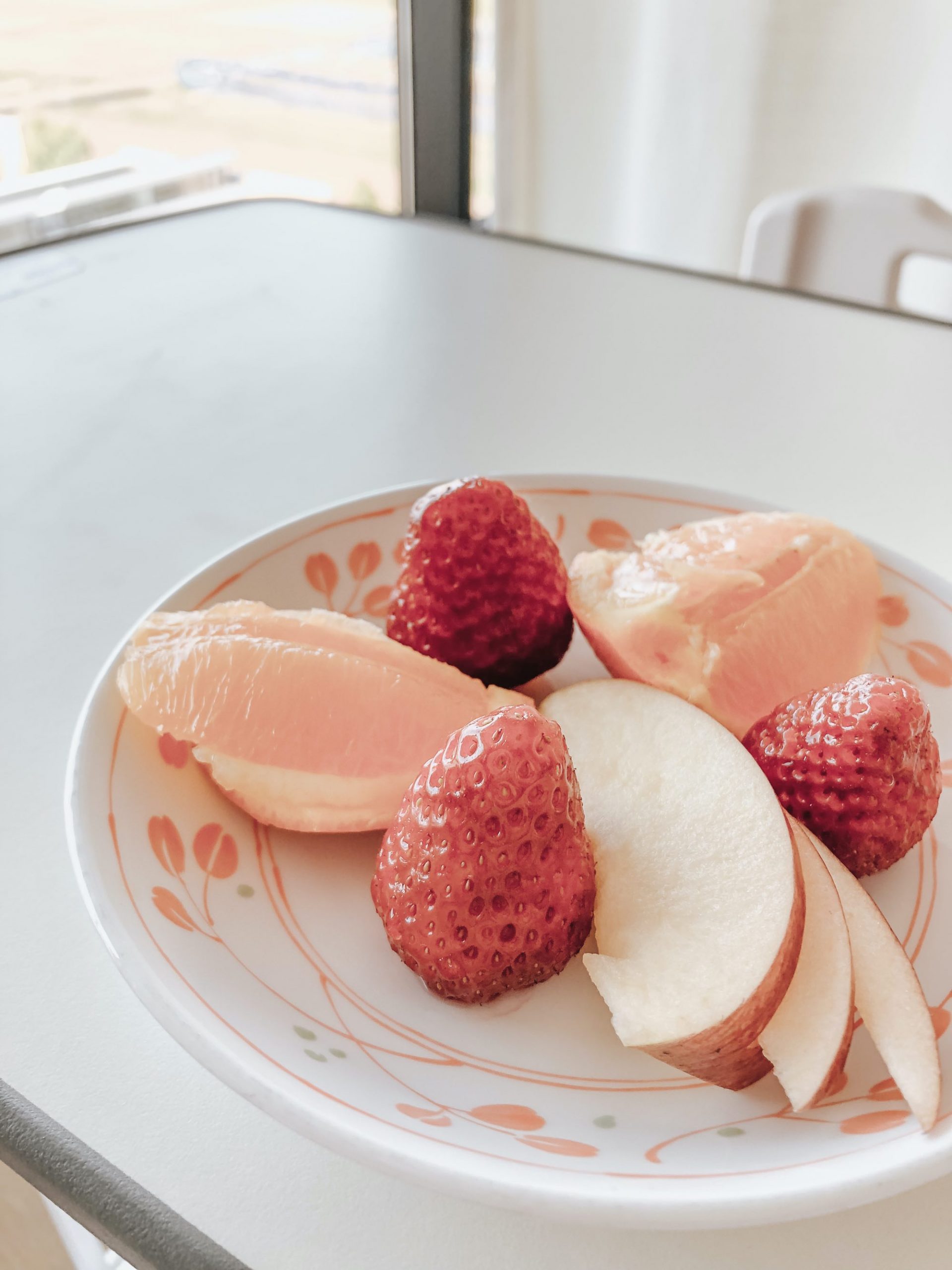
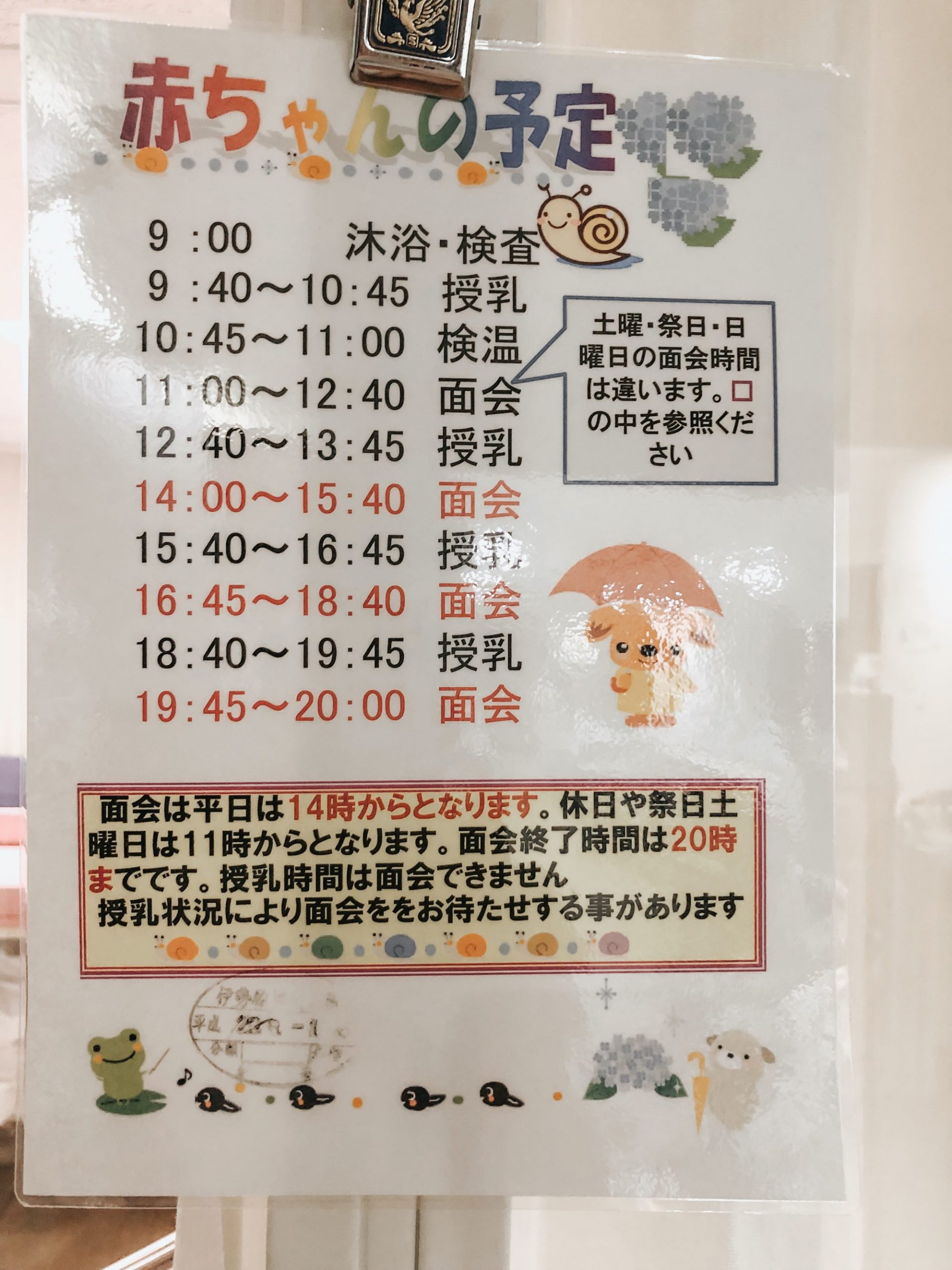

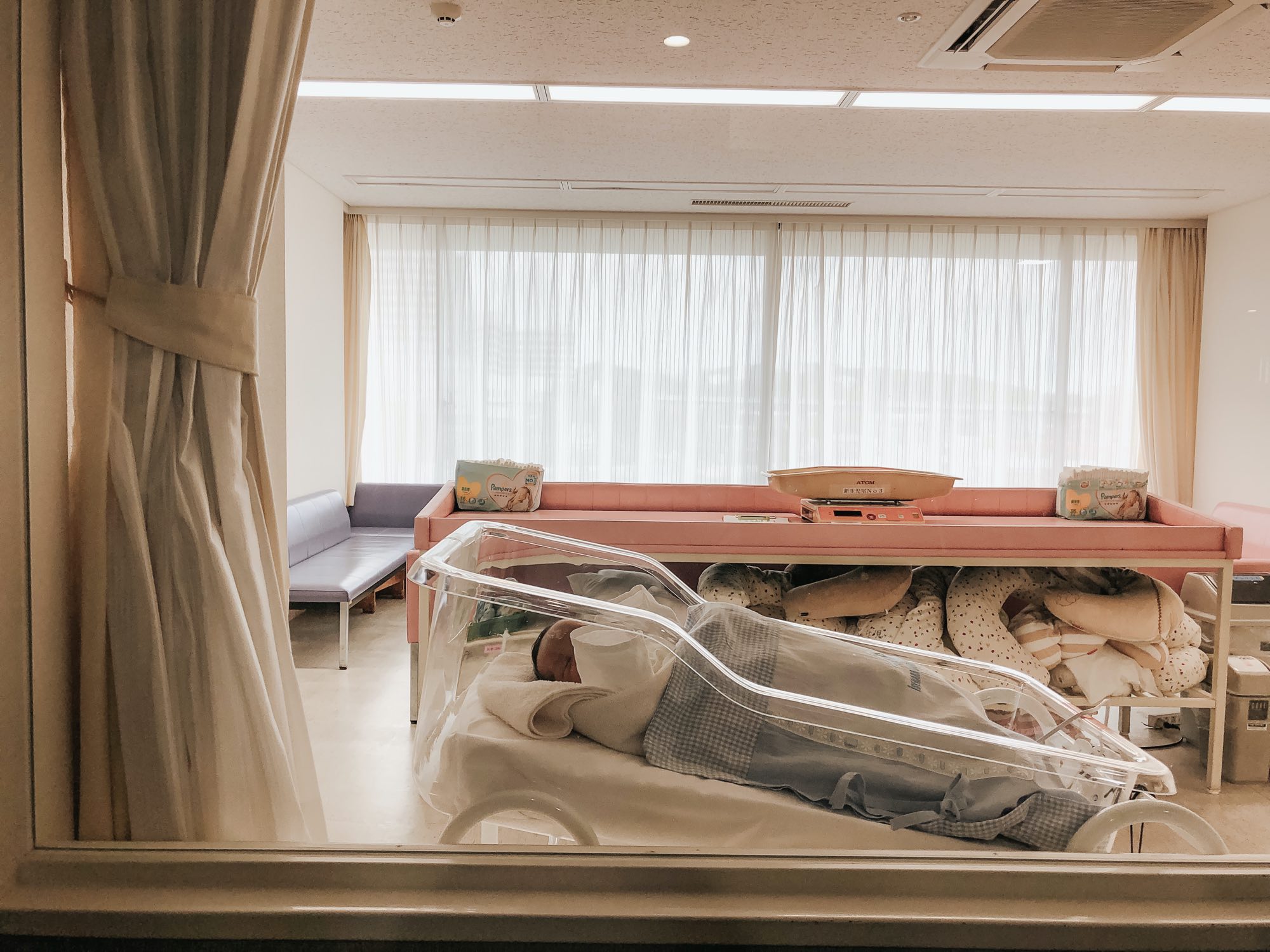
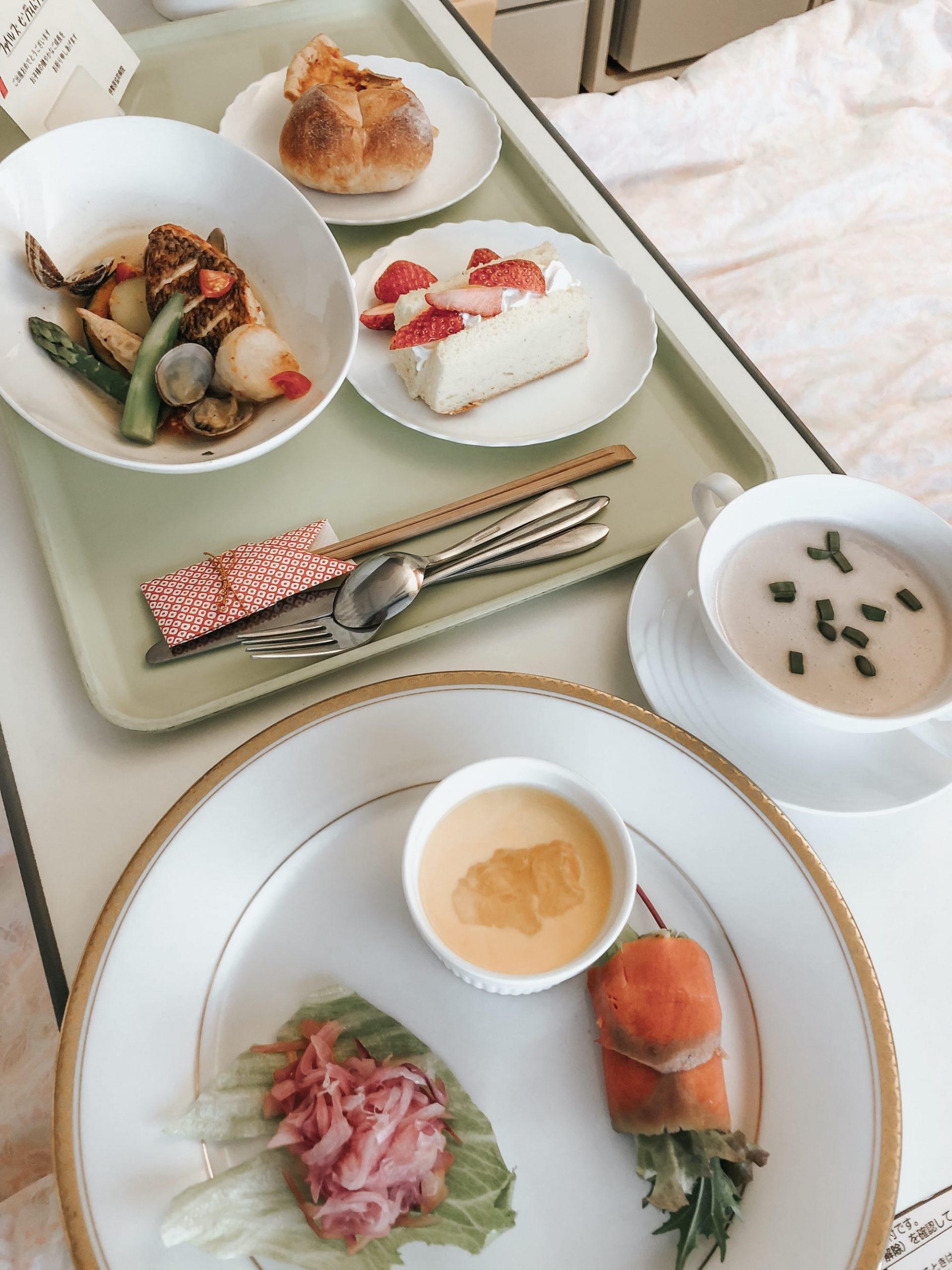
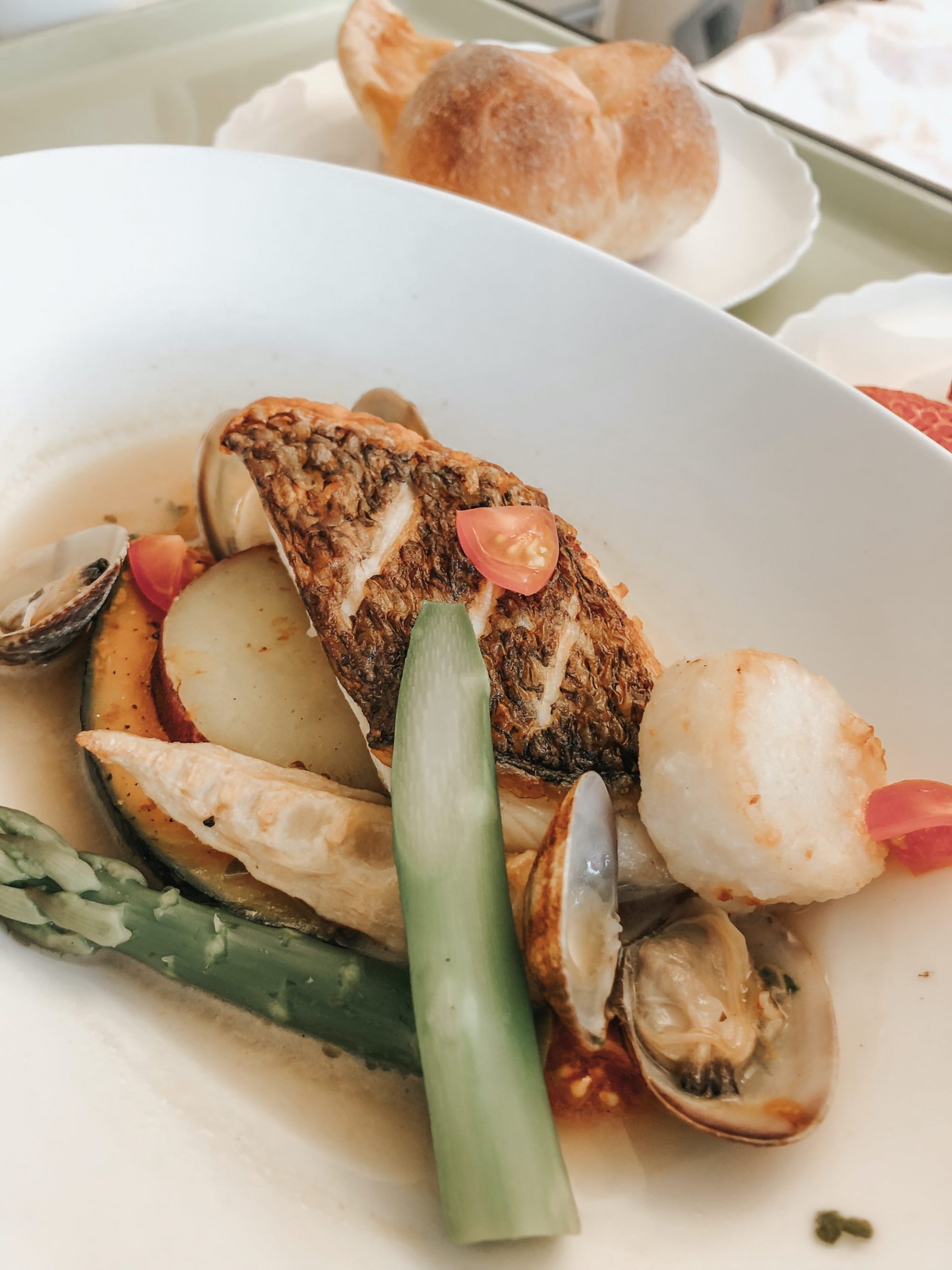
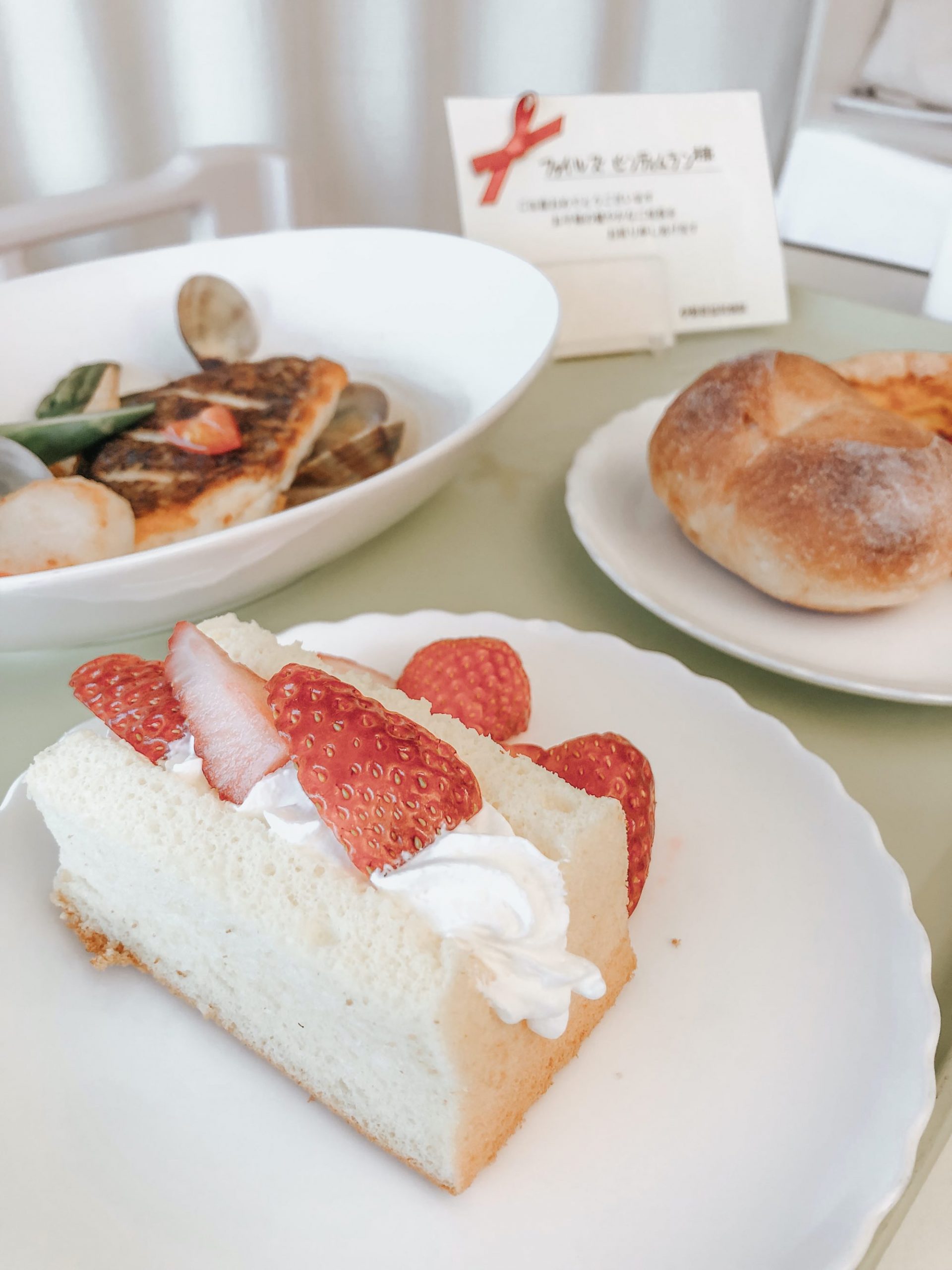












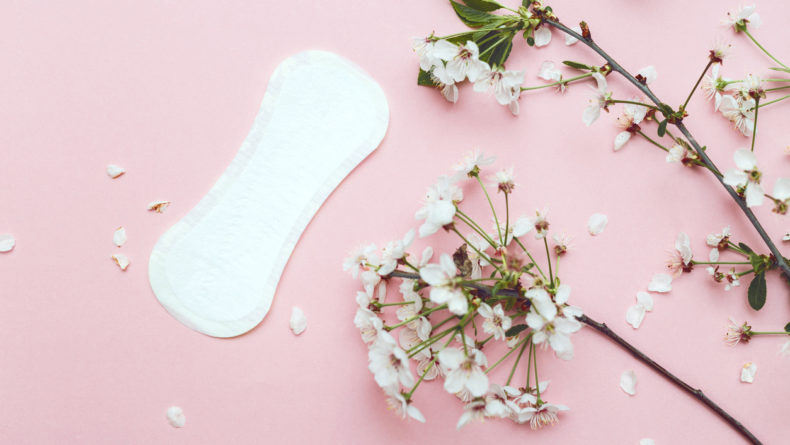


Leave a Reply